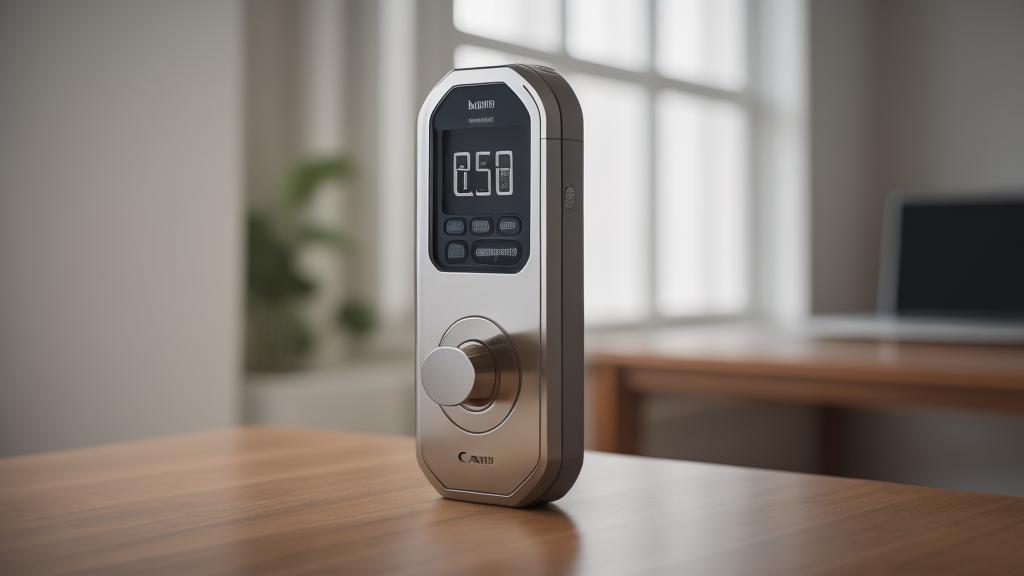The world is rapidly moving towards digital solutions to everyday problems, and home security is no exception. While traditional locks have served us well for centuries, smart locks are emerging as a formidable upgrade, offering enhanced security features, convenience, and connectivity that were unimaginable a decade ago.
Smart locks leverage wireless technology to operate, eliminating the need for physical keys. They employ advanced encryption methods, making unauthorized access almost impossible. In addition to traditional locking mechanisms, these devices allow homeowners to lock and unlock their doors using smartphones, key fobs, or even voice commands.
But what exactly makes smart locks a game-changer? For starters, they address one of the most common security issues: lost keys. With smart locks, losing your keys is no longer a cause for panic. You can easily grant or revoke access permissions through a dedicated app, ensuring that only authorized individuals can enter your home.
Another compelling feature is remote access. Imagine being able to lock or unlock your door from anywhere in the world. Smart locks, often integrated with home automation systems, can provide real-time notifications whenever someone enters or exits your home, giving you peace of mind whether you're in the office or on vacation.
Most smart locks come equipped with additional safety features such as tamper alarms and auto-locking capabilities, which lock the door automatically after a certain period. This drastically reduces the chances of leaving your door unlocked, a common occurrence with traditional locks.
However, smart locks aren't without their criticisms. Some skeptics argue that these devices are vulnerable to hacking. While this concern is valid, the continuous advancements in security protocols mean that reputable brands are always a step ahead, regularly updating their systems to ward off potential threats.
Moreover, the cost of smart locks can be prohibitive for some homeowners. Unlike traditional locks, which require a one-time purchase, smart locks often involve ongoing costs for features like cloud storage or advanced user management. Despite this, the benefits they offer in terms of security and convenience generally outweigh the downsides.
Finally, it's important to note that while smart locks are an excellent addition to any home security system, they should not be relied upon as the sole means of protection. Combining smart locks with other security measures, such as surveillance cameras and alarm systems, creates a more robust defense against potential intruders.
In conclusion, the rise of smart locks signifies a pivotal moment in home security. By blending cutting-edge technology with user-friendly features, these devices are reshaping how we protect our homes. Though not without their challenges, smart locks represent a significant step forward, making our lives not only safer but more convenient.
Invest in one today and experience the future of home security.
the rise of smart locks: securing homes in the digital age

